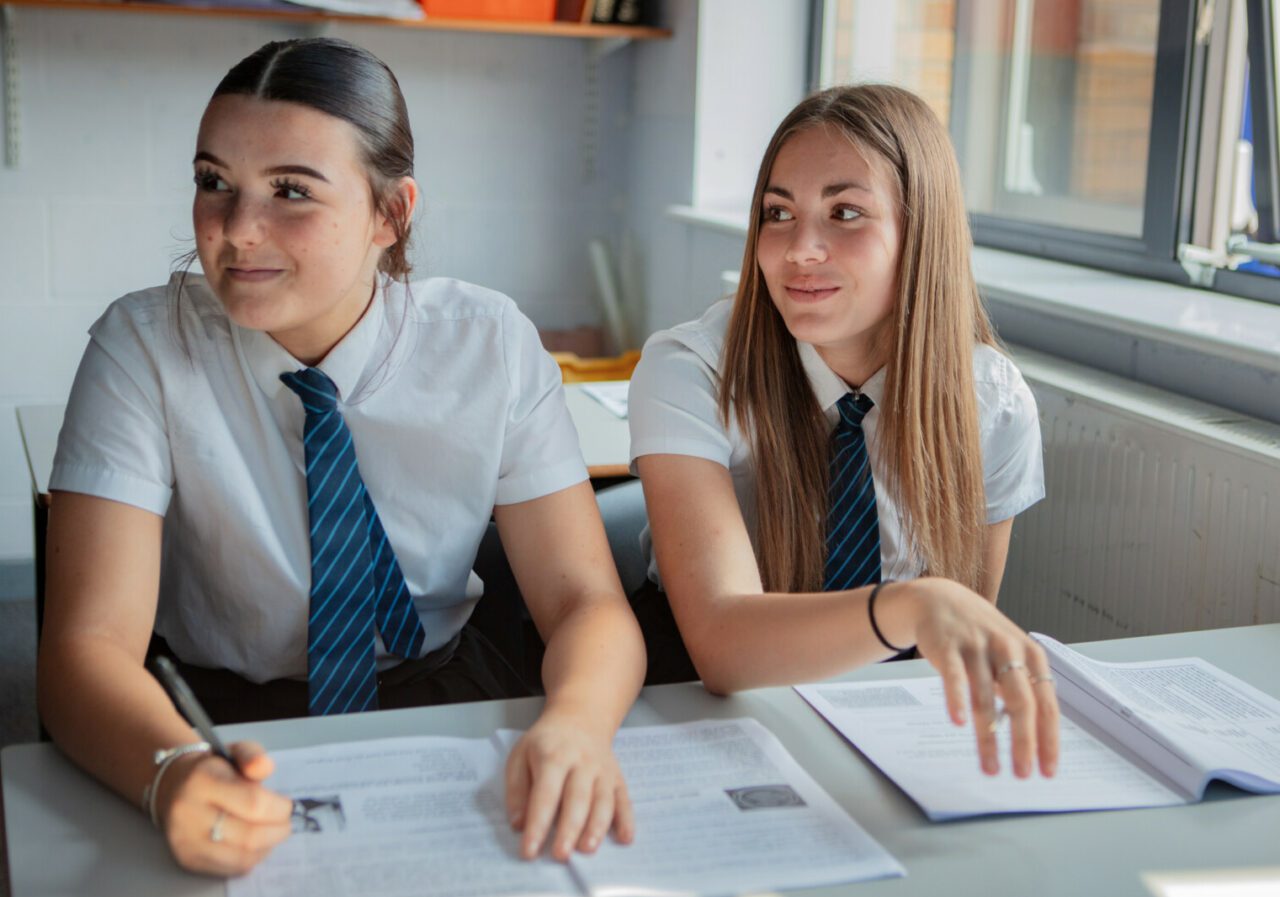Curriculum Intent
The Archway Learning Trust History curriculum is designed to provide a complex and nuanced chronological narrative of English, British, and international histories. As custodians of what we teach our students, we provide a diverse curriculum with ‘windows’ to take students beyond their immediate experience, and ‘mirrors’ so that our students see themselves reflected in the curriculum. The ambitious knowledge-based curriculum is accessed through overarching key enquiries, supported by lesson enquiries with second-order concepts at their core such as change and continuity, cause and consequence, significance, similarity and difference, sources and interpretations. While being ambitious, we want History to be inclusive both in what is taught, as well as how. As such we ensure our lessons are accessible and personalised. We aim to provide a diverse experience through historical scholarship woven throughout each year group, with extended writing opportunities provided for students to deliberately practice their writing, coming from explicit teaching of historical writing. Our ambition is to broaden our historians wider cultural literacy through mini-research opportunities in addition to lessons, while interrogating conflicting and diverse historical interpretations within lessons. Through direct instruction of writing techniques, we aim for students to not only understand the broader narrative in history, but to question, challenge and construct historical arguments rooted in the discipline.
Please click on the following link to see an overview of our History curriculum:
ALT History Curriculum Overview
Key Stage 3 Overview:
In Year 7 students investigate a range of topics including The Silk Road, the Romans, Norman England, the challenges of being a medieval monarch and the 16th century rollercoaster. It is expected that during these units, students apply and practice their ability to consider cause and consequence, significance, utility, continuity and change. These analytical skills are assessed formally throughout the year.
In Year 8 students explore the African Kingdom of Benin, The Native Americans, The Trans-Atlantic Slave Trade, and The Industrial Revolution. As in year 7, there is an expectation that students apply and practice their analytical skills, in addition to understanding the content of these units. Links are made between these units to help students understand that History is a complex story involving different peoples and cultures interacting with each other in positive as well as negative ways. Skills continue to be assessed formally throughout the year.
In Year 9, students learn about The British Empire, The First World war, The Rise of the Nazis and the Holocaust, The Second World War and the Cold War. Again skills are developed with a particular focus on preparing pupils for GCSE should they choose to opt for it.
Key Stage 4 Overview:
At GCSE students receive three hours a week and follow the AQA History specification.
In Year 10 students learn about the conflict and tension of the post war period 1918-1939. This includes an in depth look at the Treaty of Versailles, the fortunes of the league of Nations, and the road to World War Two. Students also complete a case study on Germany exploring its development from an imperial power, through an emerging democracy to the Third Reich.
In Year 11 students focus on British history. Students explore the occasions when ordinary people have challenged authority in the search for greater rights and freedoms including the signing of Magna Carta and the Nottingham riots. Students complete a final depth study of Elizabethan England which includes a case study of an historic environment; previous examples have included The Globe, Hardwick Hall and the Spanish Armada.
Potential careers:
The History Department enjoys great success at both Key Stage 4 and Key Stage 5, and consequently has a tradition of students continuing the subject at degree level. Some careers that History might be particularly helpful include:
Lawyer, Business Executive, Development Officer, Public Relations Officer, Museum Curator, Journalist, Editor, Publisher, Screenwriter, Civil Servant, Teacher, Heritage Manager, Historic Buildings Inspector, Conservation Officer, Archaeologist, Data Analyst, Creative Consultant.
Useful Links:
Google Classroom – History GCSE (ask your teacher for the code)
